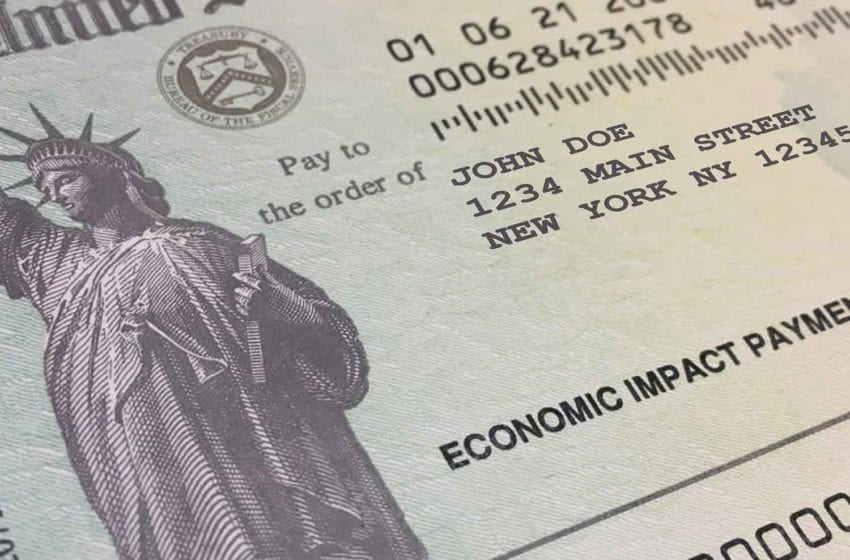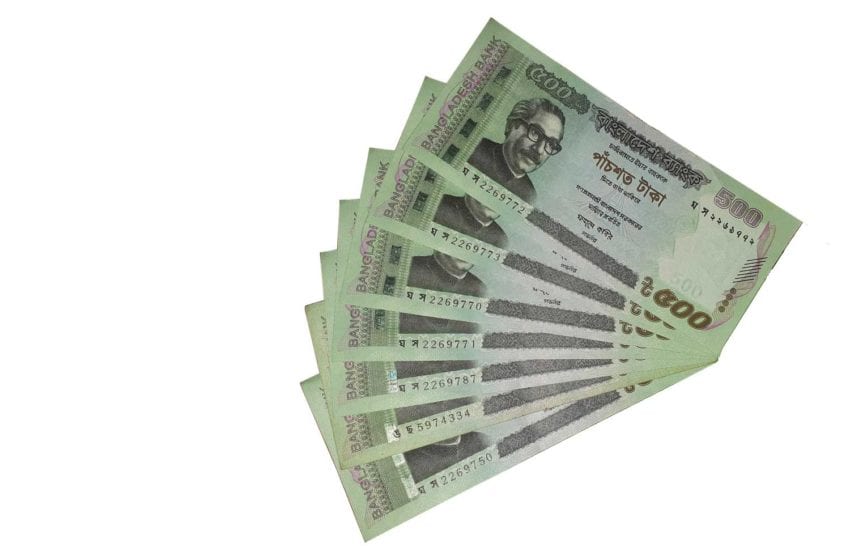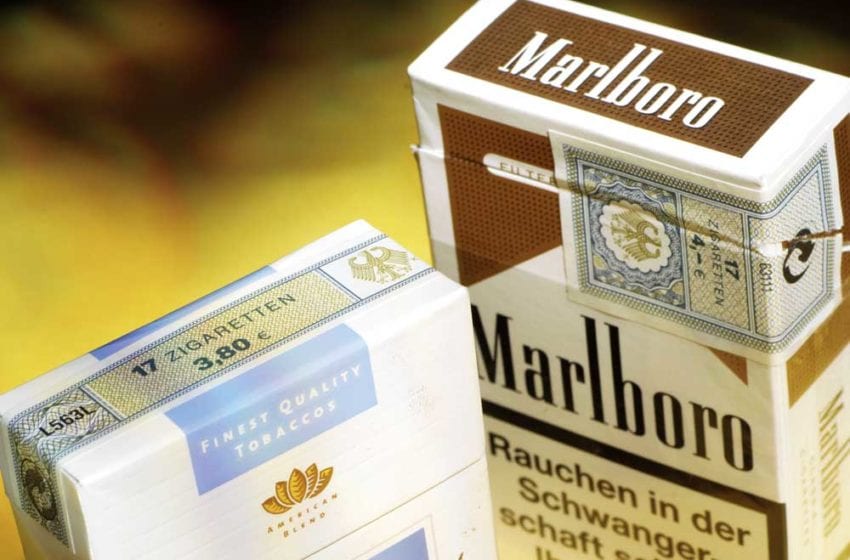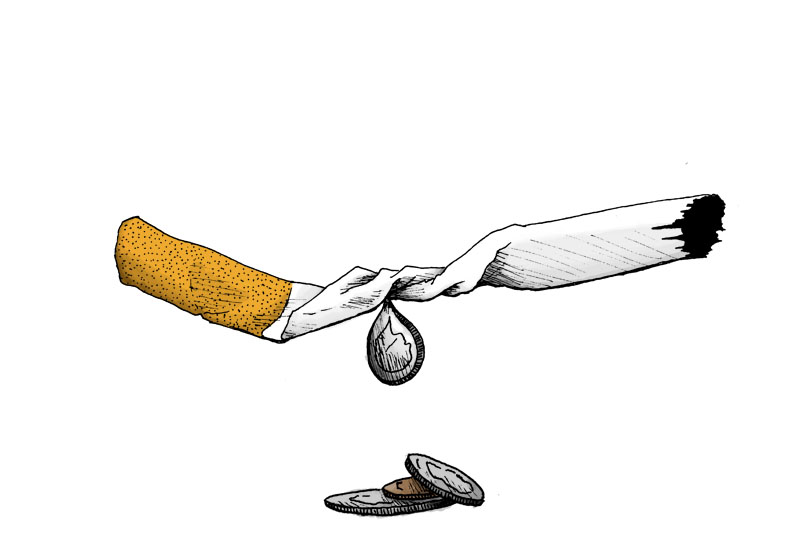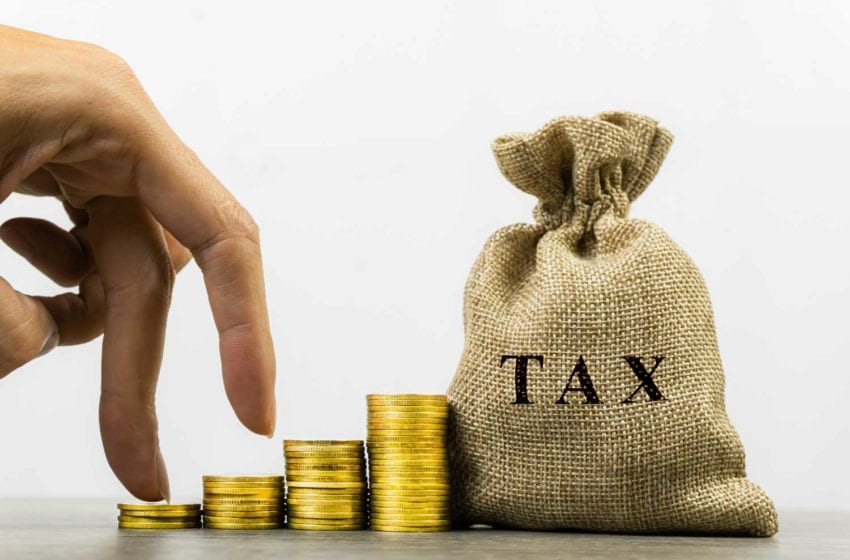Citing payouts, NATO urges lawmakers to refrain from raising tobacco taxes. Read More
Critics say the price hikes will make cigarettes unaffordable for many smokers. Read More
Most smokeless tobacco products are made in small, unmarked factories or houses.Read More
The Philippines' state printer should not be raising its own revenues, says trade body. Read More
The country has failed to raise the tax to minimum EU levels, says EU Court. Read More
The manufacturers were “found to be deficient in compliance with registration requirements.”Read More
The plan will make e-cigs more expensive than combustibles, warns industry association.Read More
The multinational expanded its manufacturing plant in Batangas City last year. Read More
Critics say the measure would make smoking cheaper than vaping. Read More
Nearly half of countries surveyed earned less than two out of five available points. Read More
Recent Posts
- Brazil Volume Down, Earnings Up
- Vaping Tied to Reduced Smoking Prevalence
- FDA Almost Done Reviewing Mass Market Products: Report
- Russia: Share of Smokers Halved
- Azerbaijan Hikes Tobacco Taxes
- BAT Reports Results
- Kutsaga Releases Climate Resilient Seeds
- Tracking Legislation Advances in Philippines
- BAT Pays Fine in Nigeria
- Regulator Proposes Retail Licensing
- KT&G Volunteers Help With Harvest
- IQOS’ U.S. Launch Postponed
- Zimbabwean Cigarette Exports up by Half
- Smoke-free Product Sales Boost PMI Income
- Air Global Launches R&D Facility in Dubai
